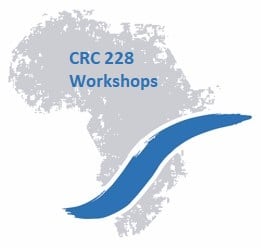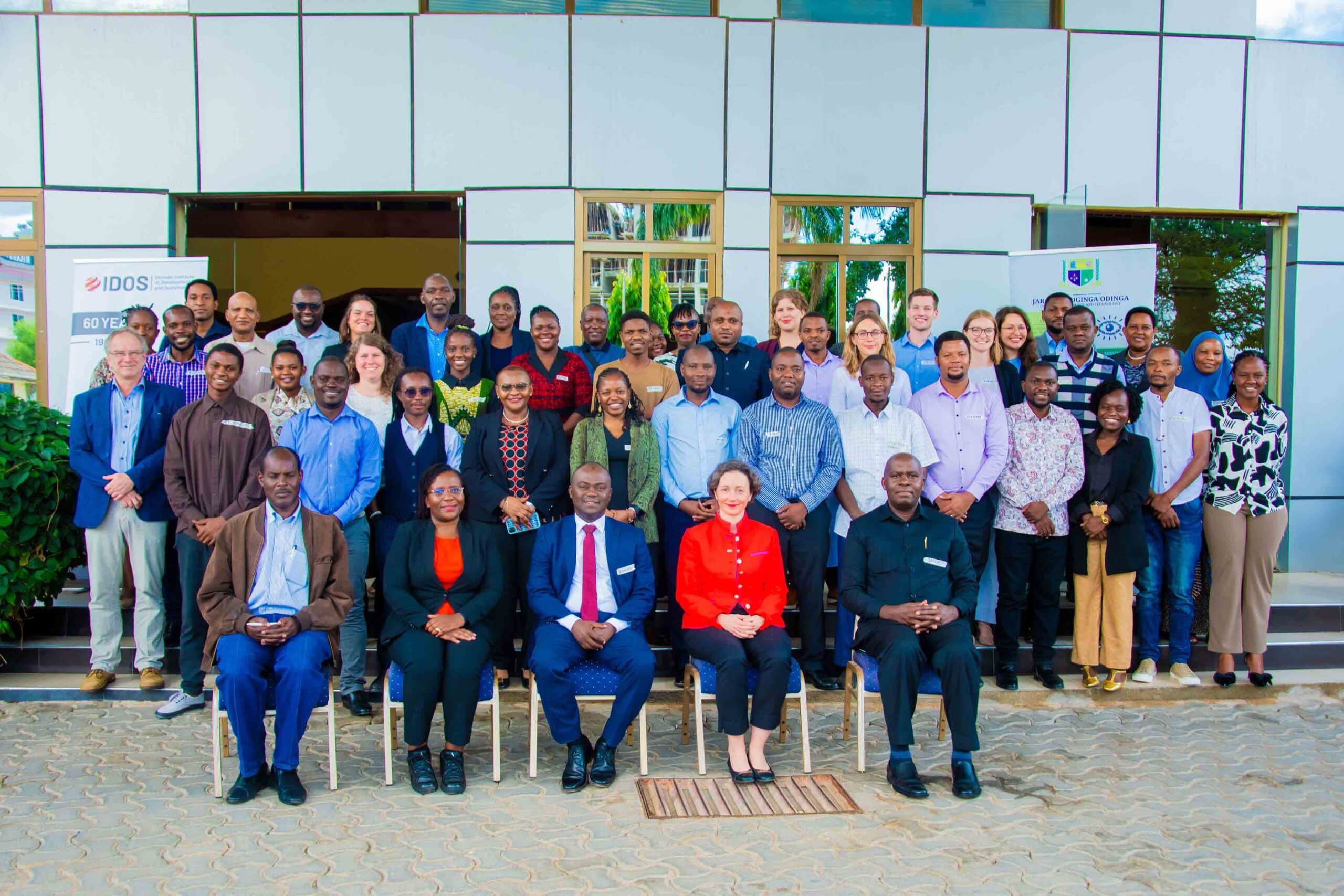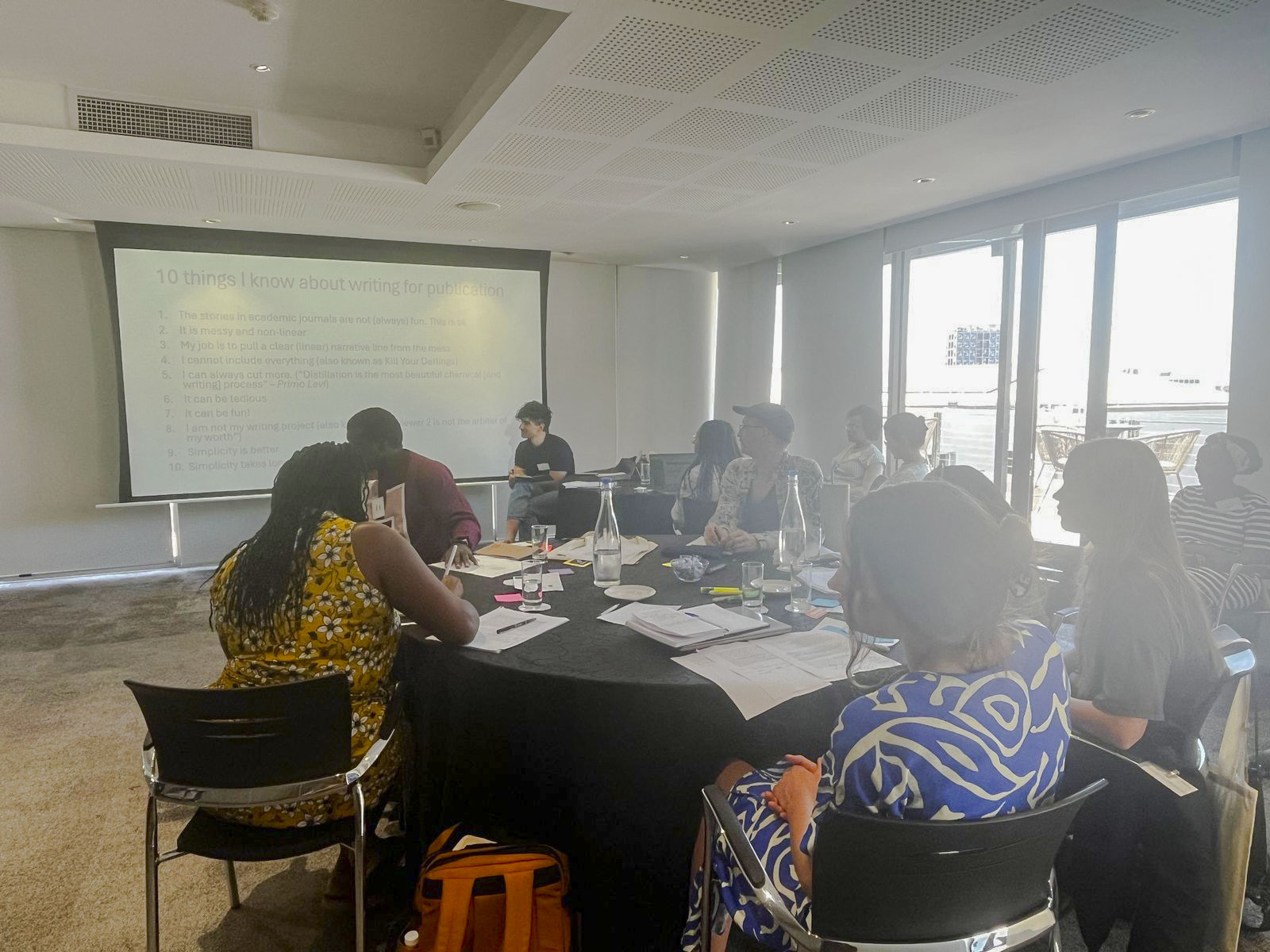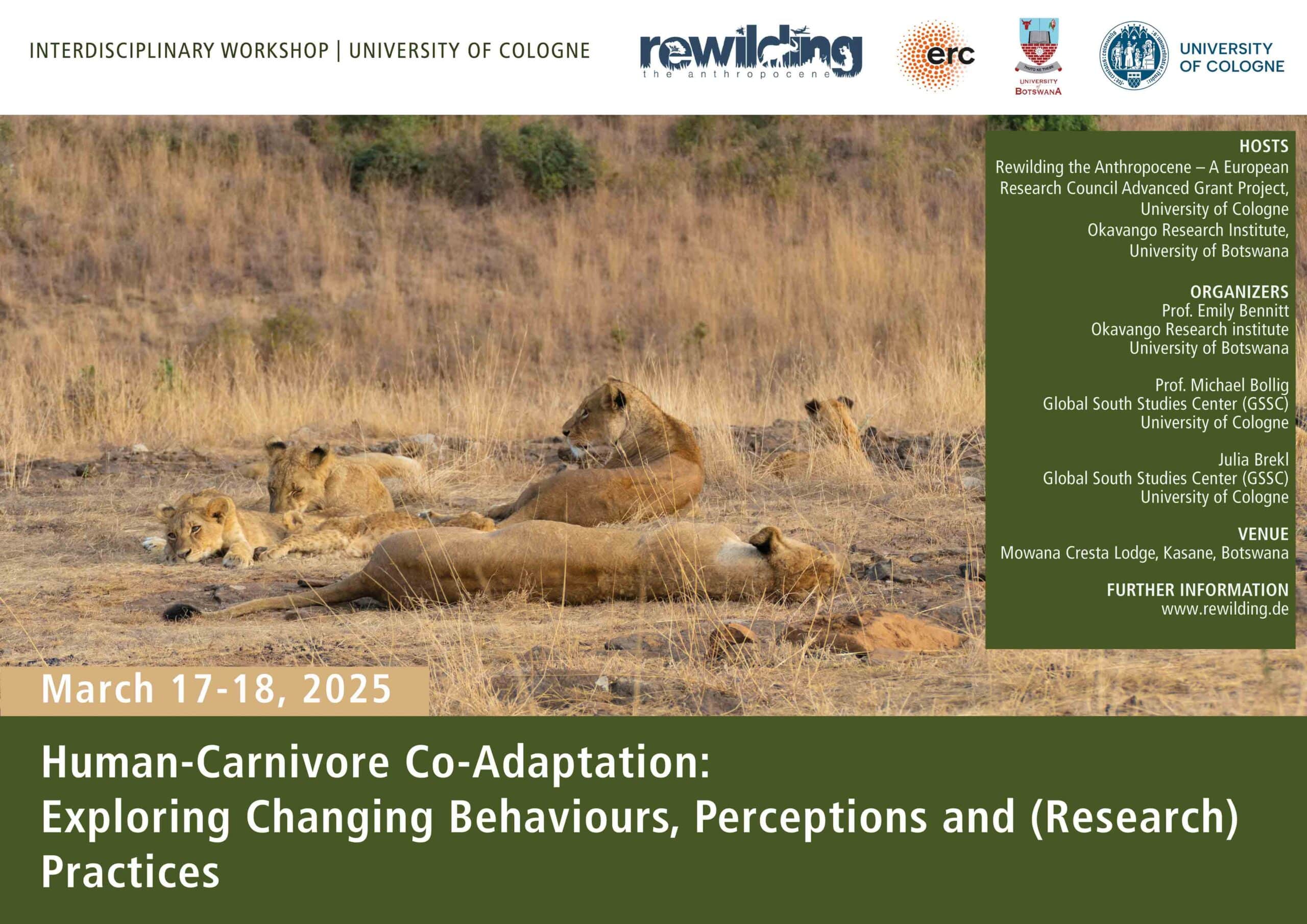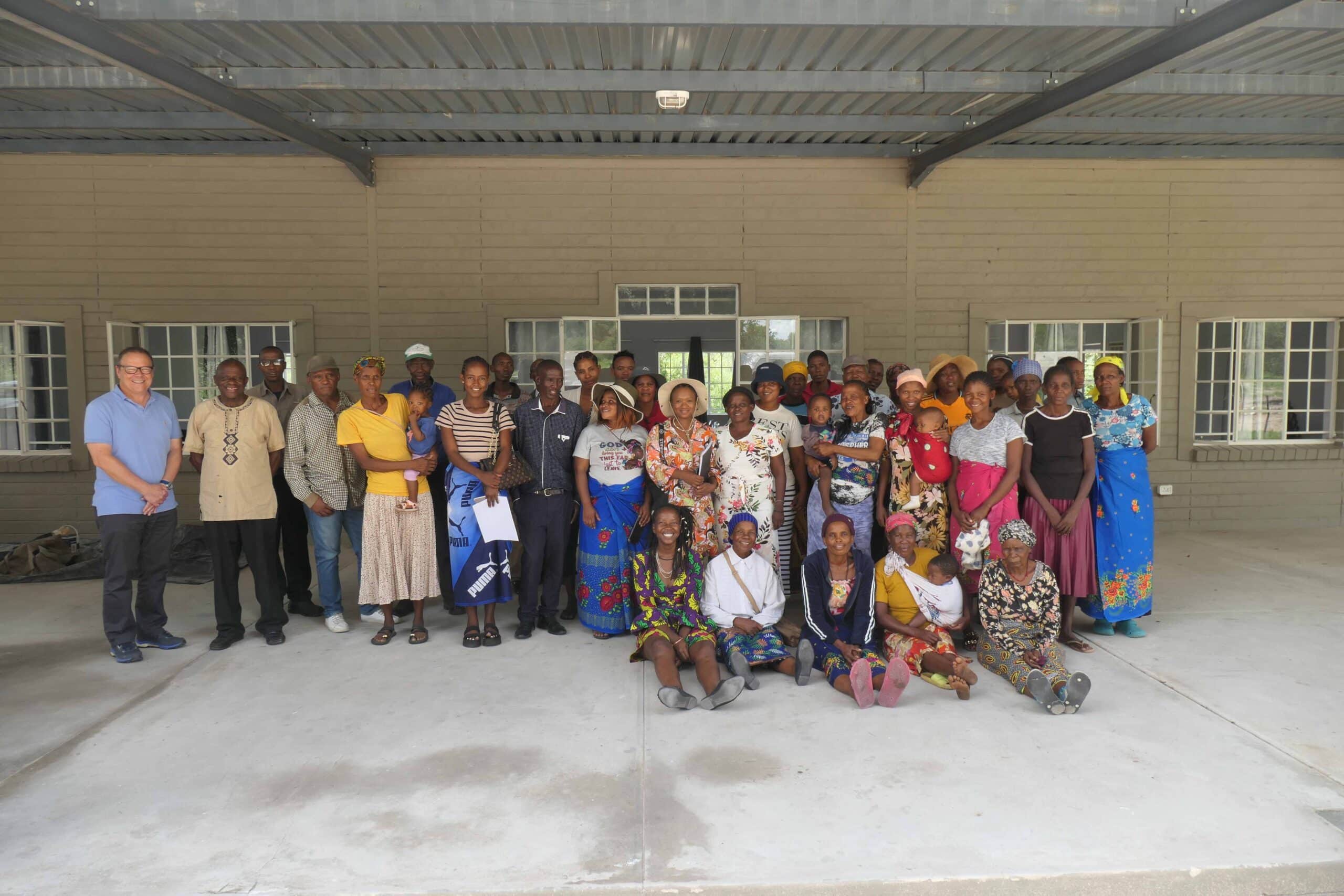On Friday November 15th from 9:15 to 15:00 we are organizing a workshop for interested early career researchers to discuss concepts and interpretations of uncertainty, and relate the topic to our ongoing research in Africa.
Venue: Roter Saal, Dept. of Geography, Meckenheimer Allee 166
Uncertainty somehow stands between the present and the future. It is an important aspect of future-making, but difficult to grasp. In our conceptual reflections in the CRC we talked about probabilities and possibilities, about aspirations and anticipations, but not so much about the unpredictable, the unknown unknowns, and the blind spots in future visions. The focus on uncertainty may offer new perspectives and complementary approaches for the investigation of futures and how they are made.
We will start with a discussion about the topic of the lecture of the previous afternoon, together with a working paper Ian Scoones has published earlier this year. The paper, which must be read in preparation of the workshop, can be downloaded from the following address:
https://steps-centre.org/publication/what-is-uncertainty-and-why-does-it-matter/
The workshop will give participants the opportunity to revisit their own empirical work and findings in the light of the conceptual approaches of the paper on uncertainty. Questions to be discussed may comprise the following: What is the meaning of uncertainty in the context of futures studies? How does it affect our understanding of practices of future-making, and of futures of probabilities and possibilities? To what extent does uncertainty open up opportunities and space for aspirations? How do societies in different cultural and socio-economic contexts get along with uncertainties?
Ian Scoones is co-director of the ESRC STEPS Centre at Sussex and principal investigator of the ERC Advanced Grant project, PASTRES (Pastoralism, Uncertainty and Resilience: Lessons From the Margins). He works on agrarian and environmental change, particularly in Africa. He has a particular interest in the connections between science, policy and the politics of sustainability. His long-term research on land, agricultural and livelihoods in Zimbabwe is covered in his regular blog, Zimbabweland. He is a member of the editorial collective of the Journal of Peasant Studies and on the editorial board of Ecology and Society.

